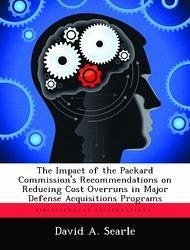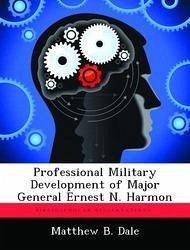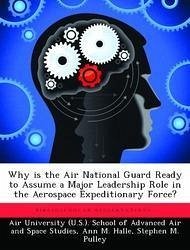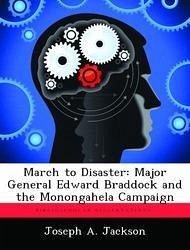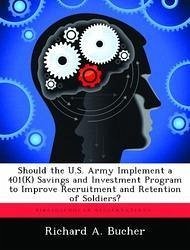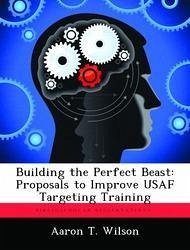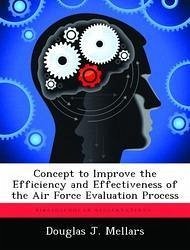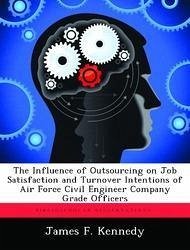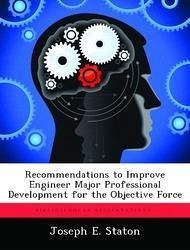
Recommendations to Improve Engineer Major Professional Development for the Objective Force
Versandkostenfrei!
Versandfertig in über 4 Wochen
52,99 €
inkl. MwSt.

PAYBACK Punkte
26 °P sammeln!
The Army as a whole faces both technical and social challenges. The mutual support of institutional training, operational assignment, and self-development is more important now than ever. Mentorship is the glue that binds these three areas to build effective future leaders; primarily from superiors (rater and senior rater), but also from peers and, in some cases, subordinates. This research focuses on the Army leadership development model to develop midgrade engineer officers for the future. Each area of leader development is examined to determine the independent and mutually supporting values...
The Army as a whole faces both technical and social challenges. The mutual support of institutional training, operational assignment, and self-development is more important now than ever. Mentorship is the glue that binds these three areas to build effective future leaders; primarily from superiors (rater and senior rater), but also from peers and, in some cases, subordinates. This research focuses on the Army leadership development model to develop midgrade engineer officers for the future. Each area of leader development is examined to determine the independent and mutually supporting values. A pilot survey captured opinions of engineer majors and lieutenant colonels to evaluate the current effectiveness of the three pillars. Conclusions show the future success of OES will depend on commanders, as mentors, investing more time to develop their officers. It is the commander's responsibility to develop the officer for the broad range of engineer missions and functions. As mentor, the commander must juggle operational requirements against the individual's self-development needs; and at times be willing to sacrifice resources to develop officers for follow-on and future assignments. Commanders will no longer develop officers only for current assignment requirements, but also for the individual and Army's long term plan.





